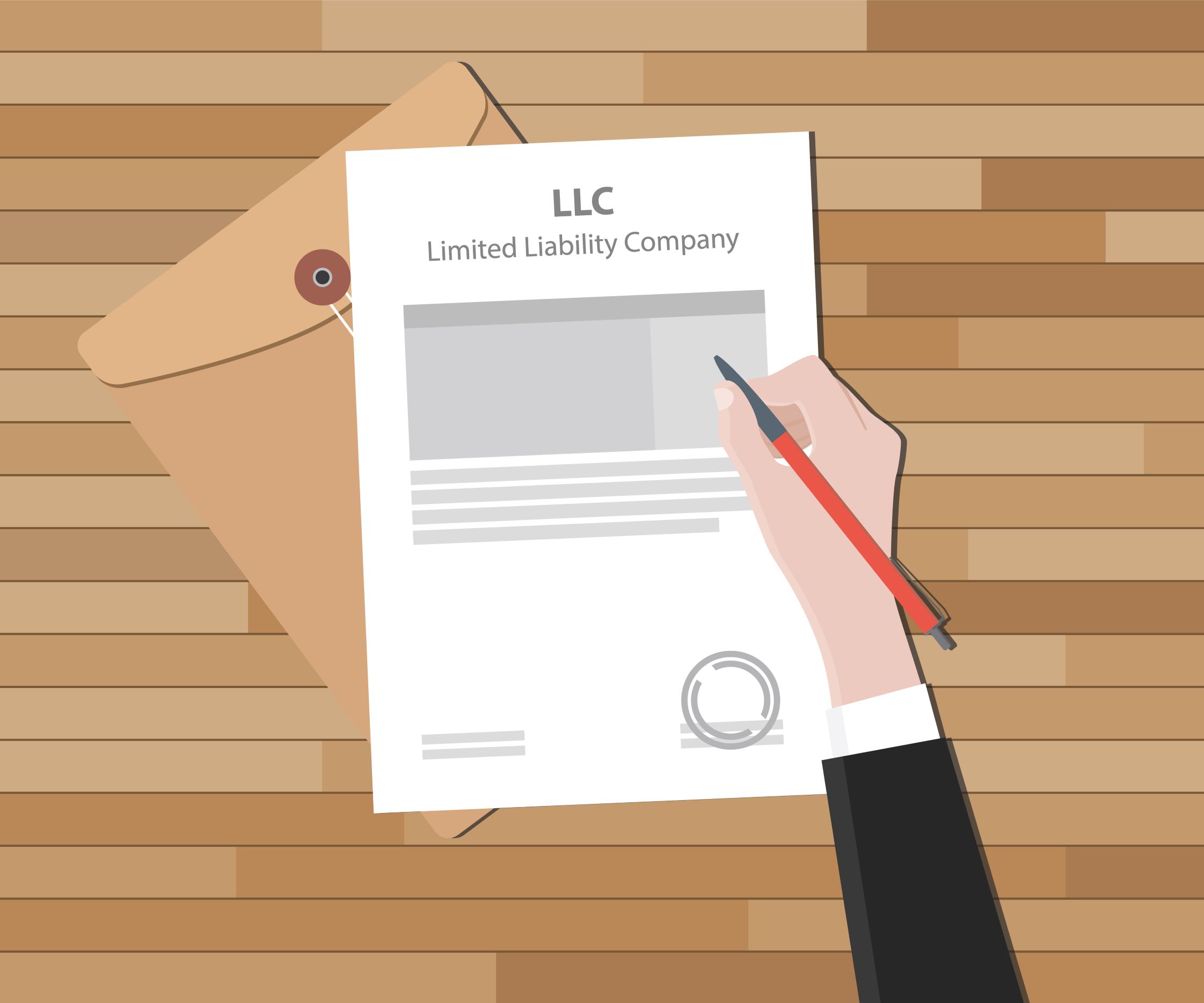Now Reading: Why Choose An LLC Over Other Business Legal Structures
-
01
Why Choose An LLC Over Other Business Legal Structures

Why Choose An LLC Over Other Business Legal Structures
Why Choose An LLC Over Other Business Legal Structures
When you’re just getting your business off the ground, there are a million and one things you need to decide. Among these is the potentially challenging task of determining the best ‘corporate business structure’ under the law. It would be best if you didn’t give it too much thought, as your first choice might change. Many large corporations started as sole proprietorships before transitioning to a more complex corporate structure.
There are many reasons why a limited liability company (LLC) is a better way to run a business than other structures. The primary benefits of establishing an LLC with the assistance of legal professionals, such as Legalzoom review are liability protection, taxation and operational flexibility, and widespread recognition.
What is LLC?
An LLC is a type of business entity that enjoys the tax benefits of pass-through status and protection from personal liability. Legally, an LLC is considered a distinct entity from its members, much like a corporation. Therefore, owners are unlikely to be held personally liable for corporate obligations.
Although LLC income is not taxed at the entity level, a separate tax return must be filed if there is more than one owner. Here, the LLC’s owner receives a direct distribution of its profits or losses. Afterward, the owners, also known as members, must file individual tax returns and include any gains or losses from the business.
Choosing an LLC: The Best Of Both Worlds
The primary objective of establishing an LLC is to provide business owners with the advantages of various corporate structures. That said, here are some benefits of forming an LLC:
1.Limited Liability.
In a limited liability company, the owners, or ‘members,’ have no personal liability for the company’s operations and financial obligations. Creditors cannot seize the owners’ personal assets, such as homes, savings accounts, etc., to pay off business debts. In addition, it’s worth noting that an LLC, as well as a corporation can lose its limited liability in certain circumstances, such as ‘piercing the veil.’ This refers to a situation in which the court disregards a corporation’s limited liability and holds its shareholders or directors personally accountable for its conduct or obligations.
2. Cost-Effective And Relatively Simple To Establish.
Unlike corporations, forming an LLC is relatively simple and affordable. The precise procedure is controlled by your state, although paperwork and fees are often inexpensive. In addition to filing a brief formation document, you must also file articles of incorporation and an operating agreement, which describes the ownership structure of the new firm. You need not create these from scratch; online templates are available. You may also seek the assistance of a tax expert.
Furthermore, forming an LLC is frequently more enticing to small firms than forming a corporation since there is far less operational complexity.
3. Flexible Taxation.
Multiple tax structures are available to a limited liability company. They can file as an individual, a partnership, an S corporation, or a C corporation for tax purposes. Because of this, unless the company opts out, it can be considered a flow-through entity rather than a C corporation. For tax purposes, a flow-through entity’s earnings are aggregated with those of its shareholders. Therefore, LLC owners can sidestep paying taxes twice. Notably, double taxation occurs when a company’s profits are subject to taxes when earned and given to shareholders as dividends. LLC profits are taxed at the level of the individual member rather than the corporation.
4. It Can Exist Perpetually.
A limited liability company remains in existence unless its articles of organization state otherwise. This allows a transition of ownership without automatically dissolving the business. Whether a member leaves the firm due to death, retirement, or any other reason does not mean it has to stop doing business.
Most state statutes governing limited liability companies provide that a business may be dissolved in any of these circumstances:
- An occurrence of a clause in the operating agreement
- Members vote to dissolve the organization.
- The company has been dissolved as a result of legal or regulatory action.
As you can see, it’s not always up to the founder’s decision to dissolve the company.
5. Organizational Framework That Can Adapt To Changing Circumstances.
Operating as a corporation or an LLC provides advantages, such as flexible taxation, limited liability, and permanent existence. However, the LLC’s adaptability, stands apart from other business structures. Members have a lot of discretion when deciding how to organize the LLC’s management. In addition, under state law, the members of a limited liability company (LLC) can make decisions on the LLC’s behalf. However, the LLC’s operating agreement and articles of organization can stipulate that the LLC’s management shall oversee operations.
Final Thoughts
A limited liability company (LLC) is highly advantageous in the corporate world. The owners’ personal assets and liabilities are shielded from the businesses under a limited liability company. In the event of bankruptcy, creditors can seize the company’s assets and not the owners’ personal property. Both the LLC formation process and the taxes of LLCs have been simplified. This is one justification for the widespread adoption of LLCs as the preferred business structure in the United States.









